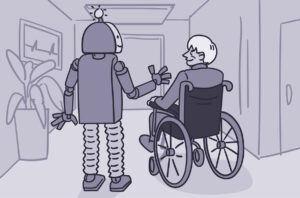Pancreatitis
Acute Pancreatitis
- Acute inflammatory process of pancreas
- Spillage of pancreatic enzymes into surrounding pancreatic tissue causing autodigestion and severe pain
- Varies from mild edema to severe necrosis
Etiology and Pathophysiology
- Gallbladder disease (women)
- Chronic alcohol intake (men)
- Smoking
- Hypertriglyceridemia
- Less common causes
- Trauma
- Viral infections
- Penetrating duodenal ulcers
- Cysts
- Abscesses
- Cystic fibrosis
- Kaposi sarcoma
- Certain drugs
- Metabolic disorders
- Vascular diseases
- Idiopathic causes
- Caused by auto-digestion of pancreas
- Injury to pancreatic cells
- Activation of pancreatic enzymes
- Autodigestive effects of pancreatic enzymes
- Trypsin
- Edema
- Necrosis
- Hemorrhage
- Elastase
- Hemorrhage
- Phospholipase A and lipase
- Fat necrosis
- Kallikrein
- Edema
- Vascular permeability
- Smooth muscle contraction
- Shock
- Trypsin
- Autodigestive effects of pancreatic enzymes
- Alcohol consumption is another common cause
- Exact mechanism unknown
- Alcohol may increase production of pancreatic enzymes
- 5% to 10% of alcohol abusers develop pancreatitis
- Classification
- Mild pancreatitis
- Edematous or interstitial
- Severe pancreatitis
- Necrotizing
- Endocrine and exocrine dysfunction
- Necrosis, organ failure, sepsis
- Rate of mortality: 25%
- Mild pancreatitis
- Clinical Manifestations
- Abdominal pain predominant
- Left upper quadrant or midepigastrium
- Radiates to back
- Sudden onset
- Deep, piercing, continuous or steady
- Aggravated by eating
- Starts when recumbent
- Not relieved with vomiting
- Flushing
- Cyanosis
- Dyspnea
- Nausea/vomiting
- Low-grade fever
- Leukocytosis
- Hypotension, tachycardia
- Jaundice
- Abdominal tenderness with muscle guarding
- Decreased or absent bowel sounds
- Crackles in lungs
- Abdominal skin discoloration
- Grey Turner’s spots or sign
- Cullen’s sign
- Shock
- Abdominal pain predominant




